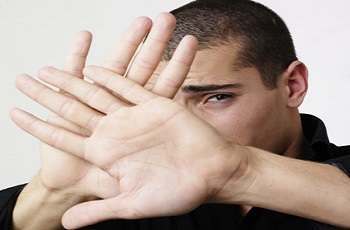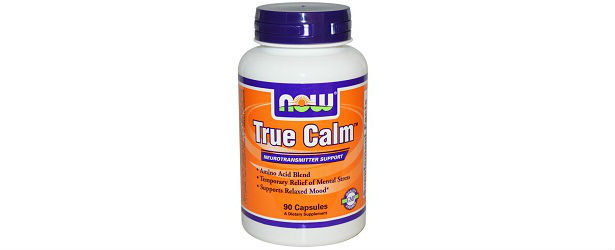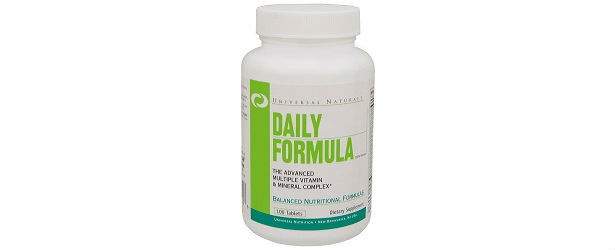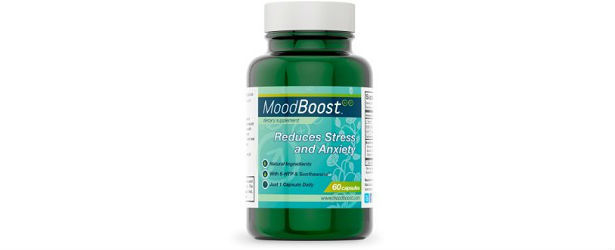
Anxiety Disorders: GAD & OCD
Many people suffer from stress and anxiety, but this doesn’t necessarily mean that they suffer from an anxiety disorder. The primary distinction between true anxiety disorders and everyday nervousness is that an anxiety disorder impedes a person’s ability to have a normal life. Anxiety disorders make common situations unbearably stressful or cause the person to avoid situations that may cause them anxiety.
What is an Anxiety Disorder?
An anxiety disorder is a blanket term used to describe a variety of interrelated conditions. Some different kinds of anxiety disorders include:
- Panic disorder
- Generalized Anxiety Disorder (GAD)
- Obsessive Compulsive Disorder (OCD)
- Phobias
- Post-Traumatic Stress Disorder (PTSD)
Common symptoms of anxiety disorders include an all-consuming panic or fear, obsessions, nightmares, or physical symptoms such as a racing heart, upset stomach, muscles, or jumpiness. It’s not clear what causes these disorders, but some researchers believe that the area in the brain that manages fear could be the culprit and that brain chemistry may have a role. Anxiety is also considered to be genetic.
Generalized Anxiety Disorder
Generalized anxiety disorder (GAD) is characterized by a persistent, intense tension that makes the sufferer unable to carry on daily life activities. This constant, overpowering worry can result in insomnia, an inability to focus on work, and tense, tight, muscles. People with GAD can often be irritable, which negatively impacts their social and personal relationships.
People suffering from this panic disorder suffer from panic attacks. Someone in the midst of a panic attack feels as though he or she is experiencing a heart attack or other critical illness, which can make the episode worse. Panic attacks typically display more than two of the symptoms below:
- Racing, pounding heart

- Shortness of breath
- Dizziness
- A feeling of being disconnected
- Nausea
- Sweating, hot flashes, or chills
- Shaking or trembling
- Numbness
- Fear of losing control
- Feeling like you are “going crazy” or about to die
Obsessive Compulsive Disorder
Obsessive compulsive disorder (OCD), perhaps the most well-known anxiety disorder, is often laughed at, but it is no joke. People suffering from OCD can’t control their habitual irrational obsessions. Some common obsessions include a fixation on cleanliness, a phobia of dirt or germs, a compulsive need to have things in a precise order, or constant, nagging doubts. Often, people with OCD try to control these obsessions by continually repeating whatever action they think will get rid of the obsession. For instance, those fanatical about germs may wash their hands constantly but they never believe they get clean enough. These compulsions make it difficult to conduct normal day-to-day routines or experience normal relationships.
What Are Phobias?
Phobias are irrational and relentless fears. Most people with phobias will go to extreme lengths to avoid that which they fear. There are three types of phobias: social phobias, agoraphobia, and specific phobias. Someone with a social phobia may get nervous or stressed about awkward behavior or being judged in social environments. Agoraphobia is a fear of being unable to escape from an unfamiliar or uncomfortable setting or of getting a panic attack in a crowded, public, or wide open environment. Specific phobias are irrational fears of things or situations that are not necessarily harmful or threatening.
Post-traumatic str ess disorder (PTSD) often ensues after a traumatic or terrifying experience. PTSD symptoms often involve flashbacks of the experience and nightmares. Those with PTSD will avoid at all cost any situation that might remind them of the incident. Other symptoms of PTSD include irritability, insomnia, and feeling detached from reality.
ess disorder (PTSD) often ensues after a traumatic or terrifying experience. PTSD symptoms often involve flashbacks of the experience and nightmares. Those with PTSD will avoid at all cost any situation that might remind them of the incident. Other symptoms of PTSD include irritability, insomnia, and feeling detached from reality.
Anxiety disorders are the most common type of emotional illness: more than 25 million Americans suffer from some type of anxiety disorder. Yet many individuals suffering from anxiety fail to seek help. Many are not even aware that their condition can be treated. Help is out there, typically through medication and/or therapy. With a psychiatrist’s help, many people suffering from anxiety disorders may at least find relief from their worst symptoms.
TOP 5
ANXIETYTreatments |
|||||
| AnxiClear | Exulin | Hapinex | MindSoothe | ReloraMax | |
|---|---|---|---|---|---|
| 1 | 2 | 3 | 4 | 5 | |
| Overall Rating | 99.50% | 87.30% | 82.10% | 76.80% | 72.80% |
| Performance* |





|





|





|





|





|
| Speed of Results* | Extremely Fast | Good | Good | Average | Average |
| Quality of Ingredients | Premium | Good | Good | Average | Unknown |
| Customer Satisfaction Evaluation | 99.40% | 85.30% | 80% | 74% | 70.30% |
| Safety Evaluation | Safe for Use | Safe for Use | Safe for Use | Safe for Use | Safe for Use |
| Customer Service Rating |





|





|





|





|





|
| Reorder Rate | Highest | Good | Average | Average | Average |
| Return Policy | Risk Free | Unopened | Unclear | Good | Risk Free |
| Success Rate* | 99.40% | 86.20% | 81% | 74.50% | 69% |

 Subscribe Now
Subscribe Now











